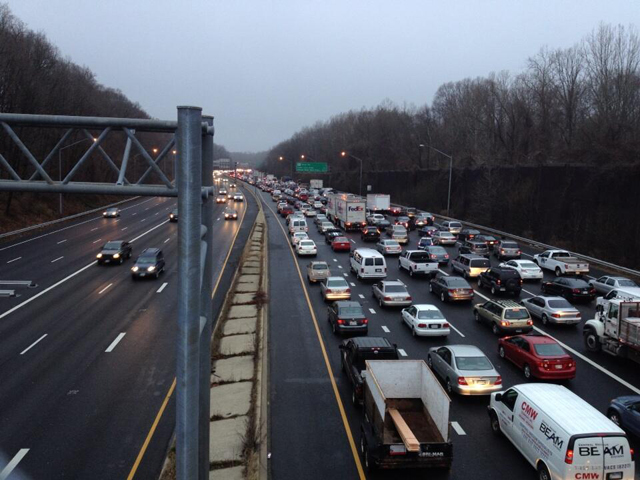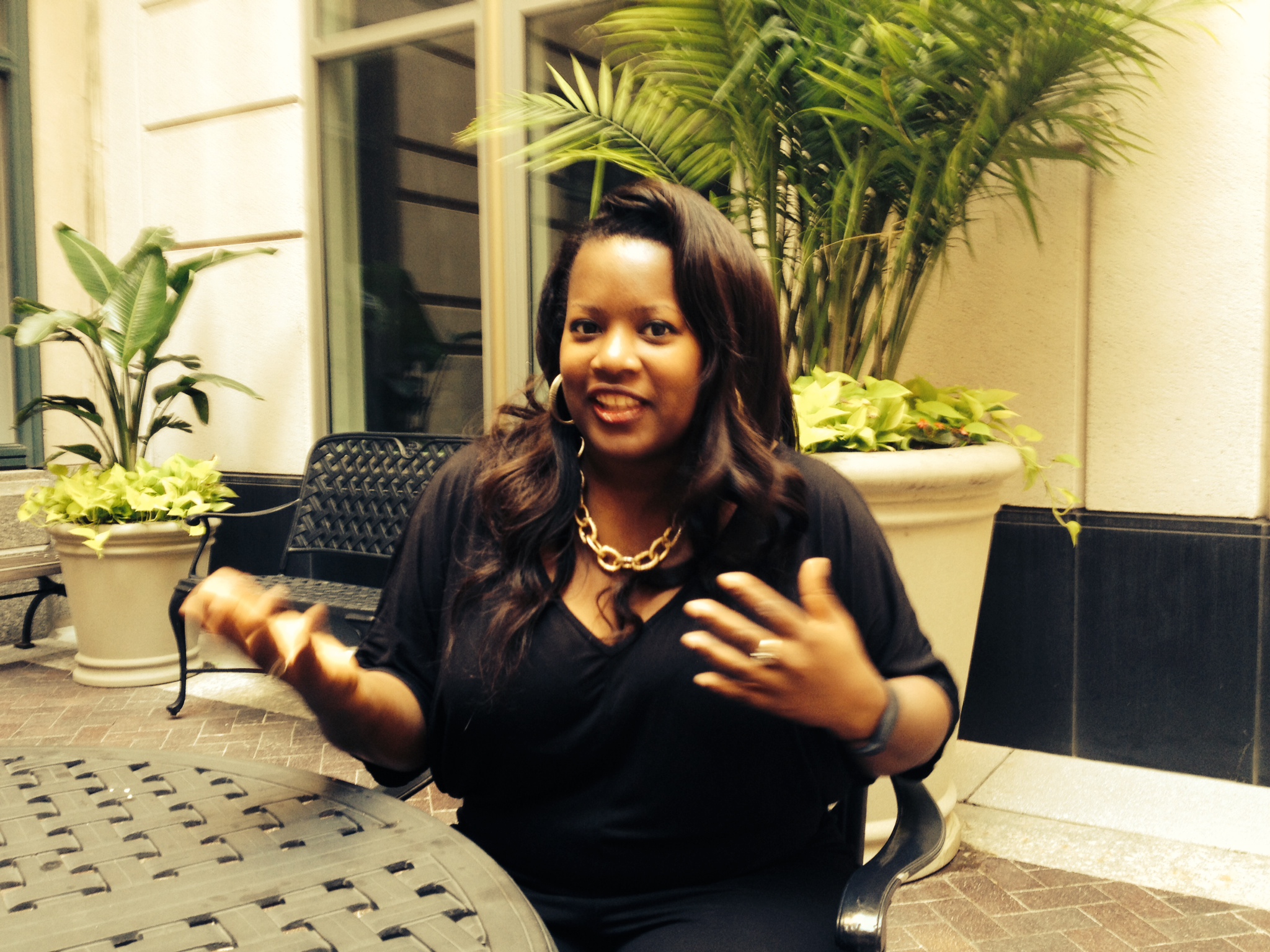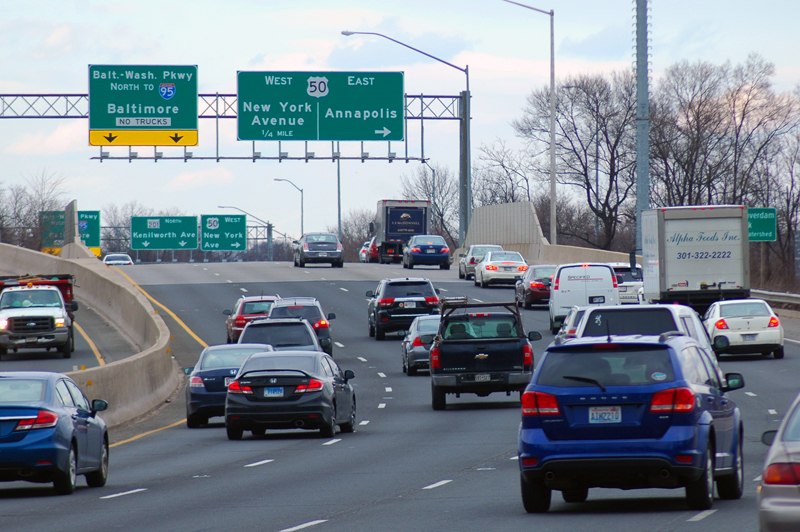WASHINGTON — Commuter Connections is a program that guarantees a ride home for commuters who don’t use their cars, but when a Maryland man needed it, it wasn’t there.
Bruce McCubbin of Aberdeen, Maryland, commutes to his job on Capitol Hill via the MARC Penn Line. He walks from Union Station to his office.
Last week, McCubbin received a phone call that his 95-year-old father was being rushed from his assisted living facility to an emergency room north of Baltimore. With a long wait until the next MARC train, McCubbin called Commuter Connections. He is a member of the Guaranteed Ride Home program.
According to the program’s website, it “provides commuters who regularly carpool, vanpool, bike, walk or take transit to work with a free and reliable ride home when one of life’s unexpected emergencies arise.”
But when McCubbin called, the customer service representative refused to allow the ride. First, the trip wasn’t home. McCubbin wanted to go to the hospital. Second, the program doesn’t take people to the hospital. Or does it?
“It was a legitimate emergency. If they asked for some kind of verification, I could have provided it. I was befuddled. I didn’t know what to do. So I wrote a complaint letter,” said McCubbin.
Nicholas Ramfos, director of Commuter Connections, wrote him back to apologize for the situation. Also, he admitted the ride should have been approved, calling the decision a mistake.
“Your situation is rather unique in the sense that the vast majority of medical-related calls our agents receive and deny due to liability purposes are those requesting a ride to the hospital or a medical facility due to the commuter’s own medical condition and not one of a relative,” wrote Ramfos in the letter to McCubbin.
He explained that while the guaranteed ride home program is not an ambulance service, and thus won’t take someone to the hospital for their own emergency, it does allow them to go to the hospital when someone else has an emergency.
“I don’t think I was being listened to. I think I was being given a rote answer. They wanted to get me off the phone. I think they heard the word hospital and it just defaulted to ‘We don’t do that,'” said McCubbin, who eventually got to the hospital after his son-in-law picked him up at the New Carrollton station.
Ramfos said he is very sorry this happened to McCubbin.
“We have taken this complaint seriously, and are reviewing proper procedures with our call center to ensure that this scenario is not repeated. Fortunately, this is not a regular occurrence. We are constantly working to ensure that the more than 20 commuters that call our service line each day have the best experience possible,” Ramfos wrote in a statement to WTOP.
McCubbin said he is pleased at the personal attention his complaint received and he said he hopes the call center staffers will learn from his experience. But, he added, it makes him think twice about his commute.
“When I’ve told this story to my fellow commuters, people are saying it’s just another reason to distrust transit anyways. I think people who are on the fence are going to default to driving because it’s easier to get back in an emergency like the one that I had,” McCubbin said.







